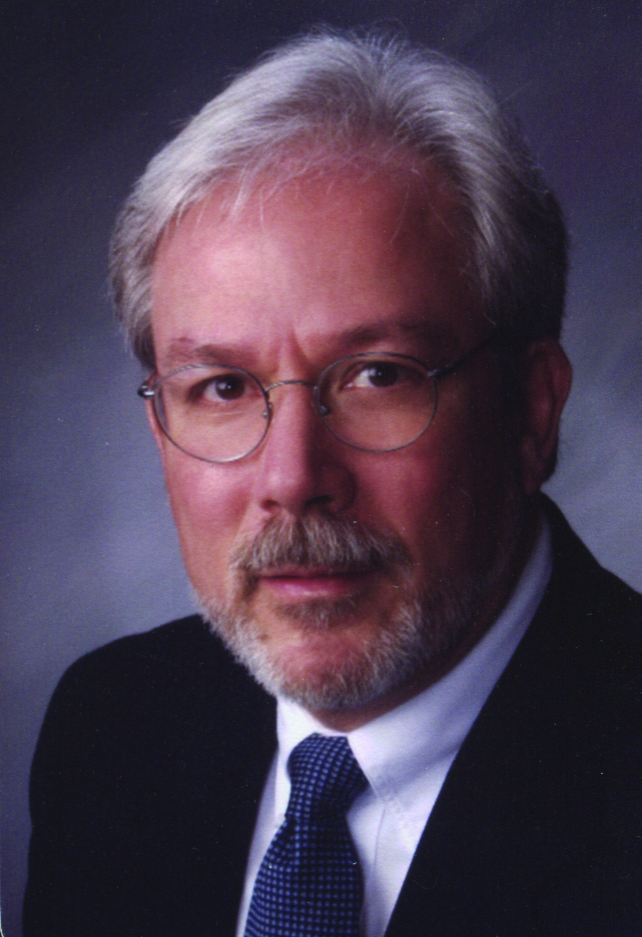Palliative Care Nurse Specialist Beverley Young shares this very moving example of why palliative care can never adequately control all end of life suffering, and why the additional option of Voluntary Assisted Dying is needed. Just why this dying gentleman was moved from a major Sydney hospital for a skin graft is impossible to understand!
Ian Wood. Posted with permission.
>>>>>>>>>>>>>>>>>>>>>>>>>>>>>>>>>>>>>>>>>>>>>>>>>>>>>>>>>>>>>>>>>>>>>>>>>>>>>>>>>>>>>>>
UNDERSTANDING END OF LIFE, PALLIATIVE CARE AND A REALISTIC INSIGHT INTO PALLIATIVE CARE AND END OF LIFE SUFFERING
Beverley Young
(Retired Palliative Care Nurse Specialist –20 years’ experience –Post Graduate Qualifications in Palliative Care)
I completed my Nursing Registration with a Diploma of Applied Science (Nursing) in 1988 from the Northern Rivers College of Advanced Education, Lismore, (now Southern Cross University). Following this, in early 1992,I completed my Bachelor’s Degree in Health Science (Nursing) from Armidale University, while in the Graduate Program at Lismore Base Hospital. In June 1992 I commenced work as a Registered Nurse in Palliative Care at a dedicated and well-known “Hospice” (for the dying) in Sydney.
In 1995 I completed Post Graduate studies in Advanced Palliative Care at The University of Technology,Sydney. During my employment at the well-known dedicated “Hospice” facility, I attained my accreditation as a Clinical Nurse Specialist in Palliative Care, and was employed there until July 2004. During this time, I was also seconded to another Hospital in the capacity of Clinical Nurse Specialist to work alongside a Palliative Care Specialist. Additionally, I served on the Community Palliative Care Team, as a Consultant. In the last 4 years of my employment I was a Level 11 Palliative Care Supervisor.
Palliative Care:
Palliative Care is delivered in a range of different environments and these include:
•Within a dedicated “Hospice” environment
•Within a general hospital setting where there may be dedicated “palliative care” beds or a “palliative care” section of the hospital
•Within a “Home” environment (e.g. Hospice Services) although the “Home” option is limited due to palliative care resources
Through my observations and experience I wish to state that Palliative Care may not be delivered to the same standard that you find in a “dedicated” Hospice environment. Standards vary because of insufficient training of doctors within a true palliative care setting.
Palliative care aims for excellence at all times but, despite this, the best efforts to achieve this continue to fail a small percentage of cases and people can and do suffer an horrendous end of life experience with many expressing the wish for their suffering “to be over”. There is also, sadly, a monumental “fail” at times, when medical professions choose not to acknowledge a patient’s terminal state, and continue to subject people to invasive procedures.
I have so many experiences to recount. For the purpose of this “post” I will discuss one example of how Palliative Care is not able to help with all suffering at the end stage of life. Similar experiences demonstrate why I advocate for exceptional palliative care –uniform and standardised –regardless of the palliative care environment in which it is delivered. My experiences also demonstrate why I fully support Voluntary Assisted Dying Legislation for those who seek this option to end suffering and die a peaceful death.
A Chinese gentleman, with advanced bowel cancer, came to the Hospice in which I worked, for “respite” care –he was referred to us from a large “general hospital”. The “plan” was “build up his condition in preparation for skin grafts to his buttocks”. A very unusual Continue reading
